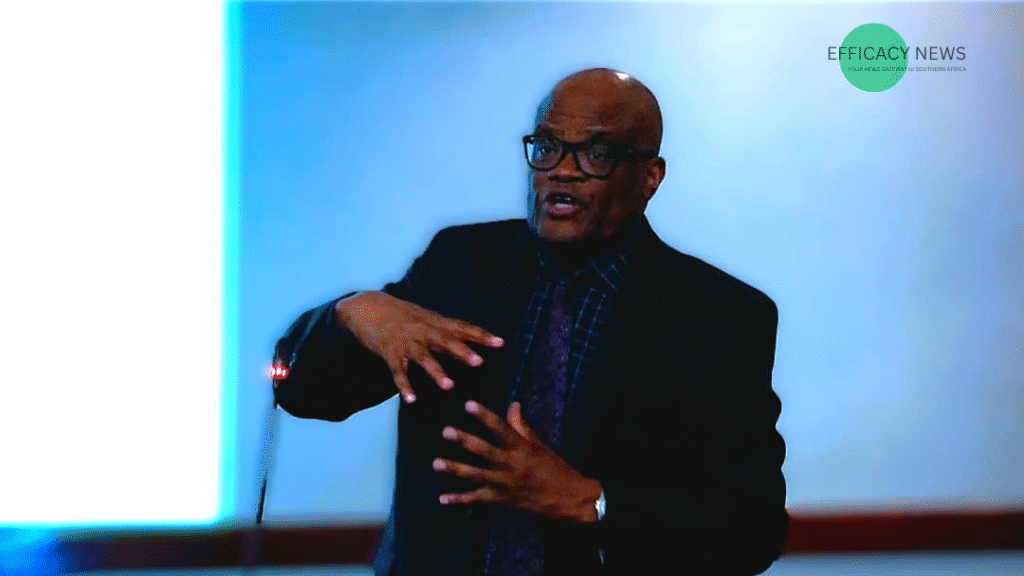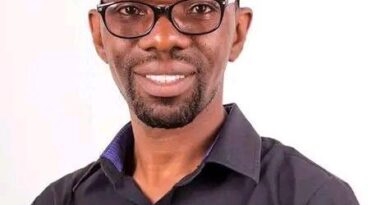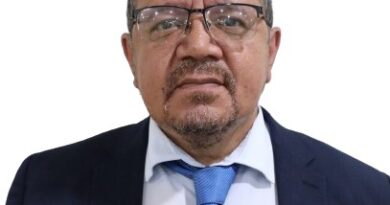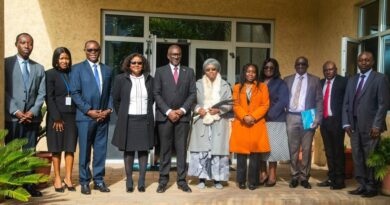Ex-ADB Vice President Urges Zambia to Harness Rare Minerals for Economic Growth
Former Africa Development Bank (ADB) Vice President, Professor Steve Kayizzi-Mugerwa, has called on Zambia to capitalise on its rare minerals, including those critical for electric vehicles, to drive economic development.
Speaking in Lusaka during a keynote address titled “Africa Looking Ahead: National Visions, Binding Constraints and Structural Transformation – Essay in Honour of Professor Manenga Ndulo”, Professor Kayizzi-Mugerwa described the discovery of rare minerals shared between Zambia and the Democratic Republic of Congo as a landmark opportunity for economic turnaround.
The address formed part of the Manenga Ndulo Conference on Economic Development, hosted by the Southern African Institute for Policy and Research under the theme “Honouring a Laureate of African Economics, Professor Manenga Ndulo”. The event received support from the Government of Ireland through its International Development Programme.
Professor Ndulo, regarded as one of Africa’s foremost economists and public intellectuals, has mentored generations of scholars and policymakers in Zambia, shaping both the country’s economic thought and regional development practices. The two-day conference celebrated his enduring legacy in economics, policy reform, and academic excellence.
Professor Kayizzi-Mugerwa emphasised the importance of translating national visions into tangible results, noting that aspirations alone will not create impact unless implemented effectively. He urged African nations to rely on internal drive rather than external forces for their success.
Drawing from his extensive experience, Professor Kayizzi-Mugerwa highlighted the need for agricultural recovery, economic diversification, and infrastructure development to strengthen Africa’s foundations. He noted ongoing challenges such as infrastructure deficits, corruption, financial management weaknesses, and shortages of technical skills.
He also stressed the critical role of government in enabling private sector growth, essential for structural transformation and job creation, while highlighting the implications of climate change and the need for robust financial planning for infrastructure maintenance. The importance of higher education in fostering innovation and economic progress was also underscored.
On structural transformation, he observed that Africa’s manufacturing sector has seen little growth in value-added share over decades, with services expanding but not yet sufficient to drive full economic transformation. He further pointed to the continent’s substantial financial requirements – estimated at around US$1 trillion annually – and the need for innovative investment strategies given limited domestic funding.
The conference also examined issues such as industrial policy, regional integration, urban-rural housing disparities, and the role of higher education and private sector participation in sustaining development.
Professor Kayizzi-Mugerwa concluded by highlighting Africa’s opportunities, including a youthful population, abundant natural resources, and emerging value chains. He called for research, innovation, governance reform, skills investment, and regional cooperation as key steps to unlocking Africa’s potential and achieving structural transformation.



